Can Cats Drink Eggnog? Why or Why Not?
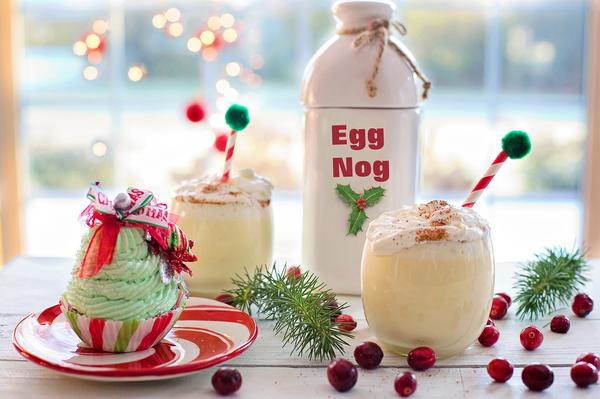
Here's the truth:
You're probably worried sick about whether or not your precious furball can join in on the holiday eggnog festivities. 😺
Will they suffer dire consequences?
Will they turn into a furry version of the Hulk?
Your mind is racing with fear and uncertainty, and it's keeping you up at night.
But fear not, my concerned feline friend, because in today's guide, I've got the answers you've been desperately seeking.
Let's dive in and put your worried mind at ease!
The Dangers of Eggnog for Cats
Cats should never consume eggnog due to its toxic ingredients, including alcohol, lactose, spices, and raw eggs. These can cause alcohol poisoning, stomach distress, and even fatality. Alternatives like soy or almond milk should also be avoided, as they pose gastrointestinal risks.
Drinking eggnog can be extremely dangerous for cats due to its harmful ingredients and potential health risks. Even a small amount of alcohol in eggnog can lead to alcohol poisoning, as alcohol is highly toxic to cats.
Plus, eggnog contains other ingredients like lactose, spices such as cinnamon and nutmeg, and raw eggs, all of which are toxic to cats and can cause stomach distress, vomiting, diarrhea, and even fatality.
Moreover, the high sugar and fat content in eggnog can contribute to weight gain and nutritional imbalances in cats. It's not a good mix for them, let me tell you.
You really gotta keep eggnog away from cats and monitor them closely to prevent accidental ingestions.
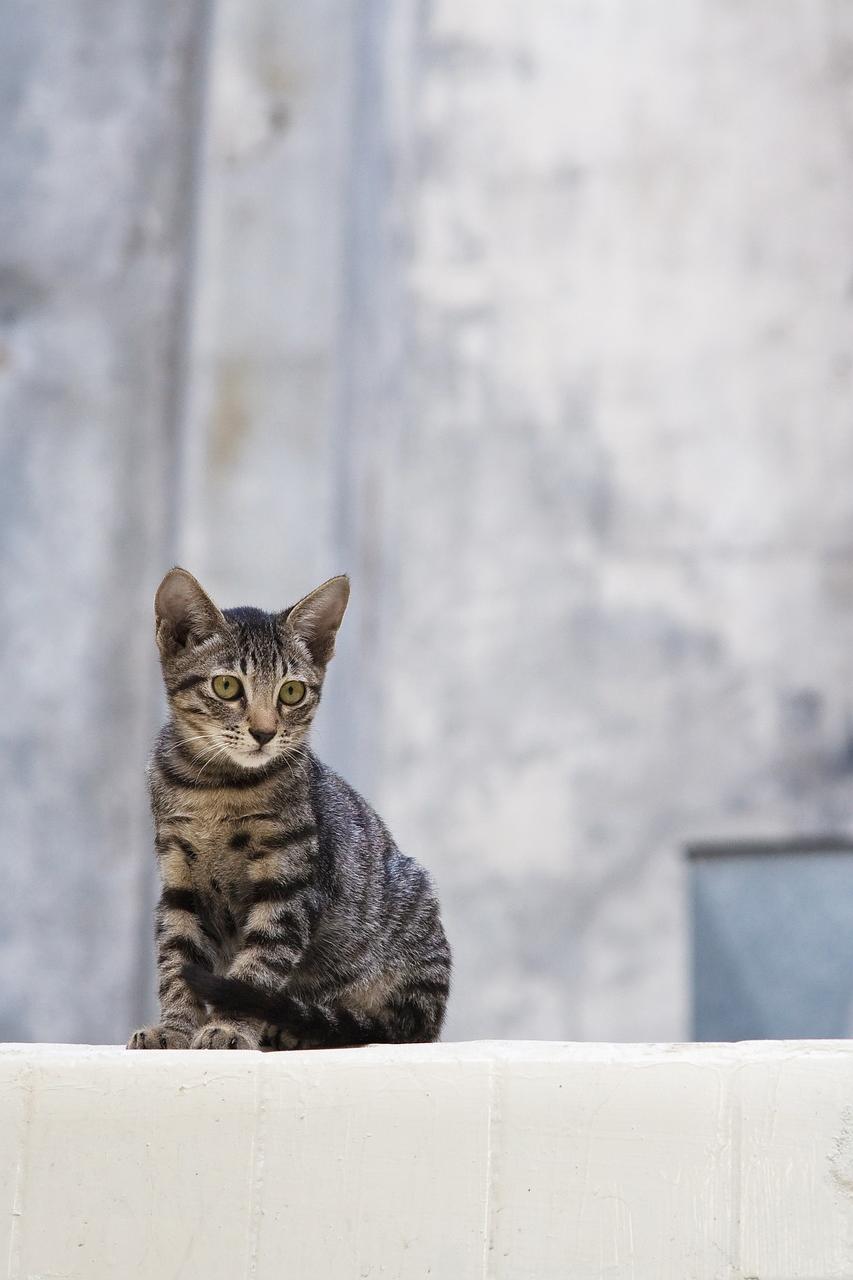
Alternatives made with soy, rice, almond, or coconut milk should also be avoided, as they pose gastrointestinal risks to cats.
And those furry little buddies of yours don't need any more tummy troubles!
Furthermore, the presence of alcohol in certain eggnog recipes can increase the risk of coma in cats. Yeah, not a great situation to be in.
Here's another tidbit of information you might want to know:
Cinnamon essential oil is lethal to cats and should never be used indoors.
So, no scented candles or diffusers around your feline friends.
Main points I'll expand upon further down this article:
- Keep a close eye on your cat if they accidentally drink eggnog.
- Seek veterinary advice if you notice any concerning symptoms.
- Even small amounts of cinnamon can be toxic to cats.
- Monitor your cat closely for 72 hours after they consume eggnog.
- Loss of appetite, lethargy, or signs of pain require immediate veterinary attention.
- Eggnog can cause gastrointestinal problems in cats.
- Consuming excess eggs in eggnog can lead to pancreatitis.
- Uncooked eggs in eggnog can pose a risk of Salmonella.
- High fat and sugar content in eggnog can cause digestive upset and other health issues.
- Milk and cream should be avoided for lactose-intolerant cats.
Signs of Eggnog Toxicity in Cats
Excessive drooling is a sign that your cat may suffer from eggnog toxicity.
If you notice your feline friend salivating more than usual after indulging in this holiday treat, be on high alert. Keep a close eye on your cat for any potential gastrointestinal issues that may arise.
Remember to reach out to your veterinarian if anything concerning catches your attention.
Also, bear in mind that even small amounts of cinnamon can be dangerous for cats and lead to similar symptoms.
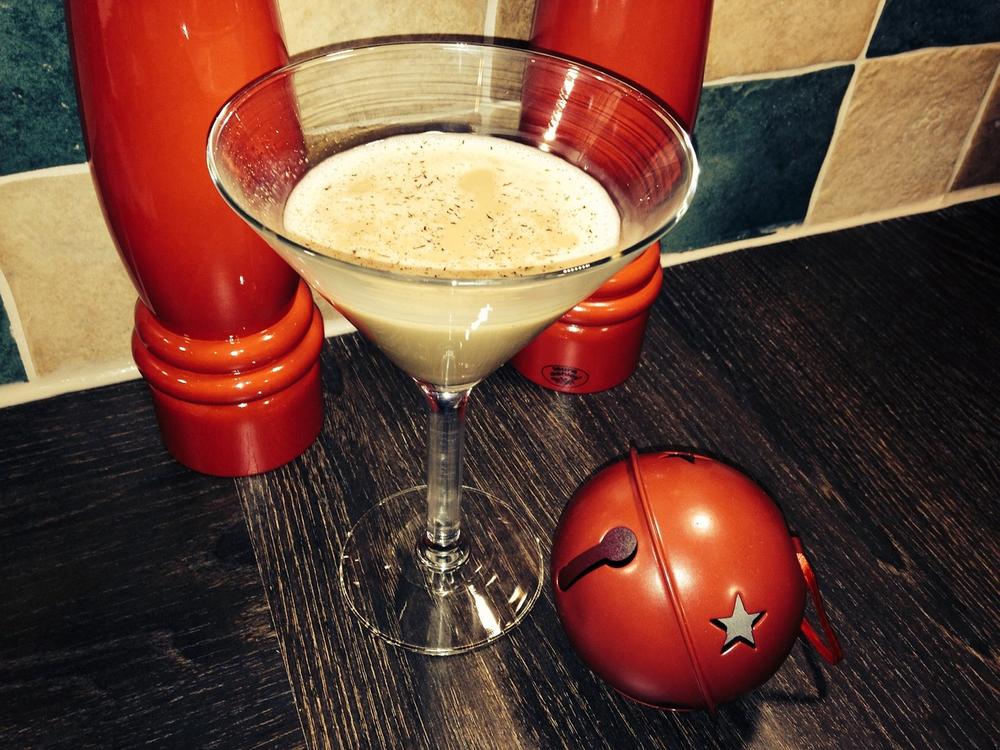
After your furry companion consumes eggnog, it’s essential to closely monitor their behavior for the next 72 hours.
Should any loss of appetite, lethargy, or signs of pain manifest, make sure to promptly schedule a visit to an animal hospital.
At this point, I can almost hear you wondering about the safety of another holiday treat for your feline companion.
Well, I've got just the information you need.
For an answer to whether cats can drink condensed milk, check out my article on Can Cats Drink Condensed Milk.
It's packed with helpful insights to satisfy your curiosity and provide guidance for cautious cat owners like you.
Potential Health Risks of Eggnog for Cats
Eggnog can contribute to obesity and gastrointestinal problems in cats
You might think it's cute to share your eggnog with your furry friend, but you need to be careful.
Cats can easily gain weight, and eggnog's high-fat content only adds to this issue.
When cats become overweight, they face a range of health problems. From diabetes to joint issues, obesity is definitely not something you want them to struggle with.
And it's not just the risk of gaining weight. Eating too much fat from foods like eggnog can also result in digestive problems for your cat, causing discomfort such as vomiting, gas, and diarrhea.
The dangers of raw eggs and lactose intolerance
Here's another important consideration to keep in mind:
Eggnog often contains raw eggs, which can pose a threat to your furry friend.
While humans may handle raw eggs fine, cats are at risk of getting sick if consuming them.
If your cat consumes eggnog made with uncooked eggs, they run the chance of developing food poisoning, specifically Salmonella.
No one wants their feline buddy to receive such an unpleasant holiday gift.
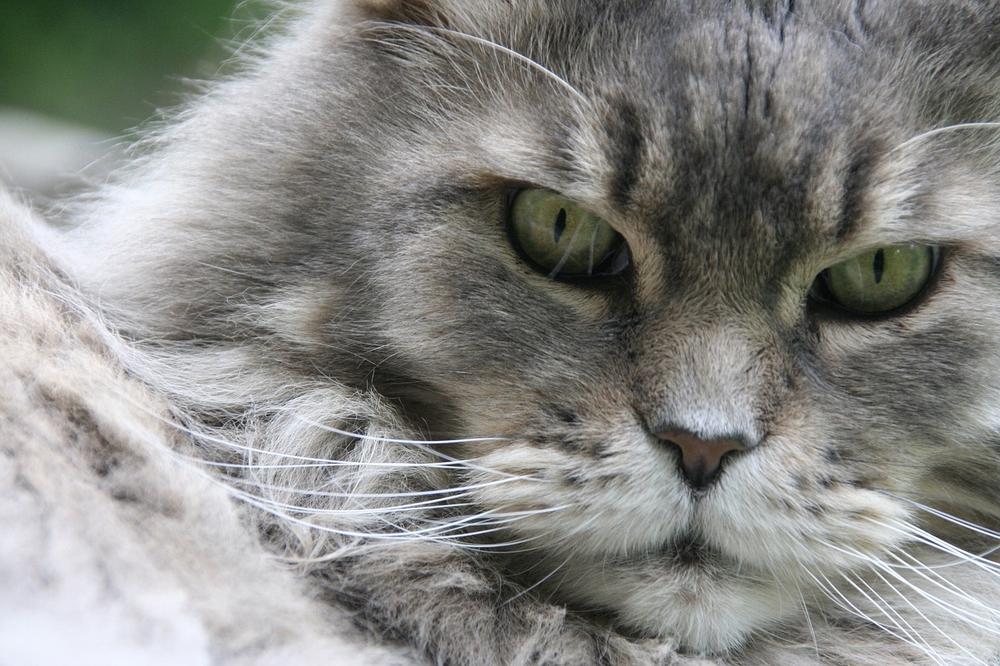
Furthermore, as cats age, they become lactose intolerant.
So, giving them eggnog made with milk or cream can lead to digestive upset and other serious health issues.
Pancreatitis and other risks
Let's not forget about pancreatitis.
Consuming excessive amounts of eggnog can actually cause this painful condition in cats.
Pancreatitis is triggered by the excess eggs present in eggnog, leading to a variety of symptoms.
From loss of appetite and seizures to blood in urine and lethargy, pancreatitis is no joke.
Sadly, survival rates for cats suffering from this condition are low, particularly for kittens and older cats.
So, please resist the temptation to share your eggnog with your beloved cat.
Their health and well-being should always be the top priority.
But what can you do if you still want to treat your cat without putting their health at risk?
How to Safely Introduce Eggnog to Your Cat
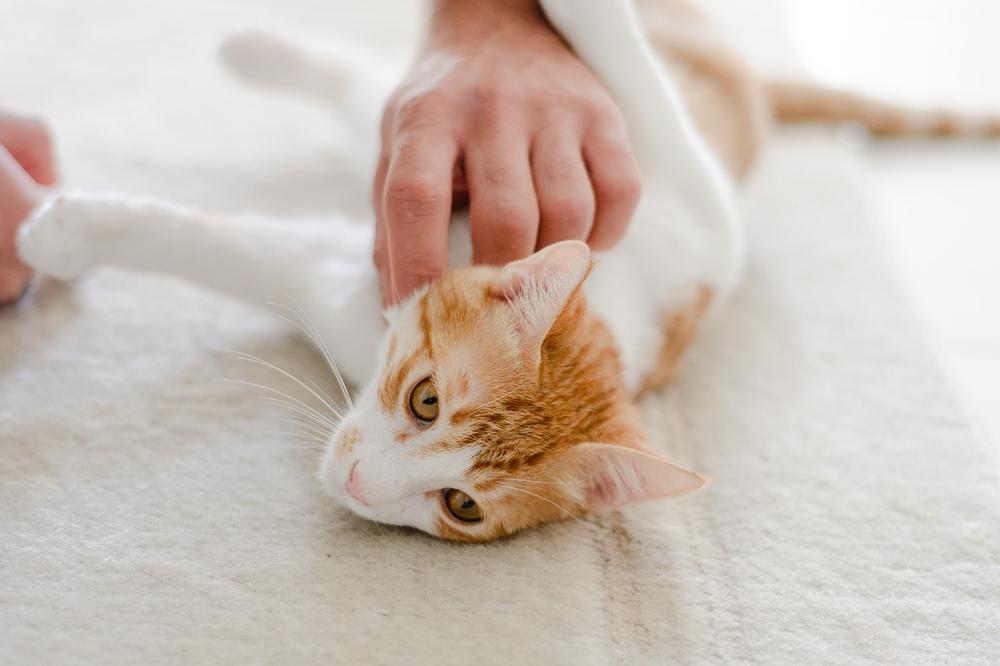
Here's how you can safely introduce eggnog to your cat in 10 easy steps:
- Instead of giving your cat eggnog, find a cat-friendly alternative.
- Make a homemade treat using canned pumpkin puree and water.
- Be careful not to use pumpkin puree with added sugars or spices.
- Serve the pumpkin mixture as a special treat just for your cat.
- Remember, cats shouldn't have regular milk as it can upset their stomachs.
- Use lactose-free milk as a safe alternative for your furry friend.
- Avoid milk substitutes like soy, rice, almond, and coconut milk - they're not suitable for cats.
- If possible, choose treats that are specifically made for cats.
- You can also offer small amounts of mashed pumpkin or plain cooked chicken as treats.
- Don't forget to thoroughly rinse out any glasses used for eggnog, this helps prevent stomach issues.
The best gift you can give your cat during the holiday season is keeping them healthy and happy. 🎁
And that wraps up today's article.
If you wish to read more of my useful articles, I recommend you check out some of these: Can Kittens Drink Human Breast Milk, Can Pregnant Cats Drink Milk, Do Cats Need Food and Water at Night, Are You Adding Water to Dry Cat Food, and Can Cats Eat Pistachios
Talk soon,
-Sarah Davis